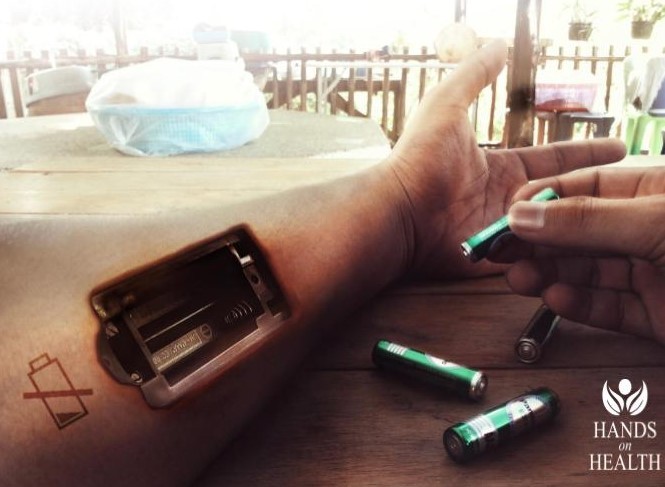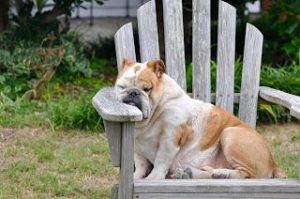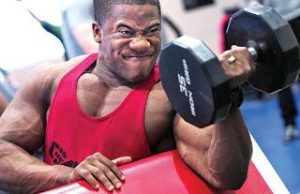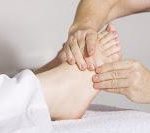Sleep should be one of the easiest, most natural responses to stress or dysfunction in the body, but a lot of people seem to be really bad at it. Many times it’s the first thing to get neglected when we have a big project or important event coming up, to give ourselves more prep time. Sadly, high quality sleep is the thing we need most of all when it’s time to lean into the hard work.
According to an article published in the Journal of Family Medicine and Primary Care in 2016, “Chronic insomnia was seen in 33% of the adult population sampled.” It’s such a high priority issue, that they recommend “…all patients, especially middle-aged and diabetics, should be screened for insomnia by the primary care physician…”
If you fall into the one third of people with chronic sleep disruptions, how bad is it really? It can actually create challenges in many areas of your daily life. The National Sleep Foundation lists several things to watch out for: Fatigue, difficulty concentrating, irritability, impulsive or aggressive behavior, and relationship difficulties. None of those traits sound like optimal performance to me. Physical or mental performance will certainly be impaired by lack of sleep.
 If you are training to optimize athletic performance, quality sleep should be an even higher priority for you. Key body building and repair hormones Testosterone and Human Growth Hormone are only produced during deep sleep stages. Ladies, don’t check out on me here, because you have T and HGH in your systems too, doing mostly the same jobs, just in different amounts. Testosterone can only be used by the body to repair itself during sleep. It cannot be stored in the body for use during the day, instead it breaks down into Estrogen, which is stored in fat, typically abdominal fat.
If you are training to optimize athletic performance, quality sleep should be an even higher priority for you. Key body building and repair hormones Testosterone and Human Growth Hormone are only produced during deep sleep stages. Ladies, don’t check out on me here, because you have T and HGH in your systems too, doing mostly the same jobs, just in different amounts. Testosterone can only be used by the body to repair itself during sleep. It cannot be stored in the body for use during the day, instead it breaks down into Estrogen, which is stored in fat, typically abdominal fat.
Dr. Shafiq Qaadri says in his excellent book, The Testosterone Factor, “Sleep is when you strengthen your bones, muscles, memories, blood, sperm and new learning. It’s when your onboard diagnostics and your immune system self-heal and detoxify. It’s when you repair both physical and psychological wounds. It’s when you grow both physically and psychologically.” He goes on to explain that “Testosterone leads, triggers, oils, oversees, contributes to, mediates or is involved in all of these restorative processes. The better you sleep, the more testosterone shines. As this hormone level rises, it also promotes other brain chemicals important for quality sleep including, melatonin, serotonin, and human growth hormone.”
Definitely keep working out, because exercise, especially resistance training and high intensity interval training, pushes your body to produce more Testosterone naturally while you sleep. Just keep in mind, that if you don’t get plenty of quality sleep after all the hard work in the gym, the results will never happen.
Thankfully, The Mayo Clinic has some suggestions on how to get better sleep. First of all, you need to keep a consistent sleep schedule. Start your bedtime routine at the same time every night and go to bed at the same time every night. Likewise, if your schedule does not allow for enough sleep at one stretch during the night, keep your daytime naps consistent as well. Another obvious tip is to limit your caffeine intake and even wean yourself off of caffeinated beverages entirely (we’re looking at you, Coffee), if you’re struggling with severe sleep disruptions.
Another key bit of advice from The Mayo Clinic is to be proactive about pain management. Since I’m a Licensed Massage and Bodywork Therapist, as well as a Certified Reflexologist, I’m obviously going to suggest that you start by managing your sleep disrupting pain by making an appointment with a well trained, properly licensed holistic practitioner, before seeking out pharmaceutical interventions. Sleep aids are notoriously habit forming and Opioid type pain relievers come with a host of side effects, including being extremely addictive. Here are some staggering stats from the CDC about the Opioid Epidemic.
Let’s talk about Reflexology as an alternative for pain management and for encouraging sleep. There have been several studies over the past five years, published in reputable peer reviewed journals, that suggest that Foot Reflexology is highly beneficial for those needs. For example, The Journal of Clinical Oncology stated that “…plantar reflexology improved significantly the quality of Sleep” in breast cancer patients. According to the International Journal of Nursing Education and Research, “After receiving foot reflexology therapy, the subjects showed significant pain relief and improved sleep.” Even in a meta-analysis of 44 individual studies, the Korean Academy of Nursing concluded that “… Foot Reflexology is a useful nursing intervention to relieve Fatigue and to promote Sleep.”
To find a knowledgeable, certified Reflexologist in your area, you can search on the Reflexology Association of America’s site.
As you can see, sleep is a priceless tool in maintaining your health. Since it can benefit you in so many areas, start taking advantage of it tonight to improve your performance!








